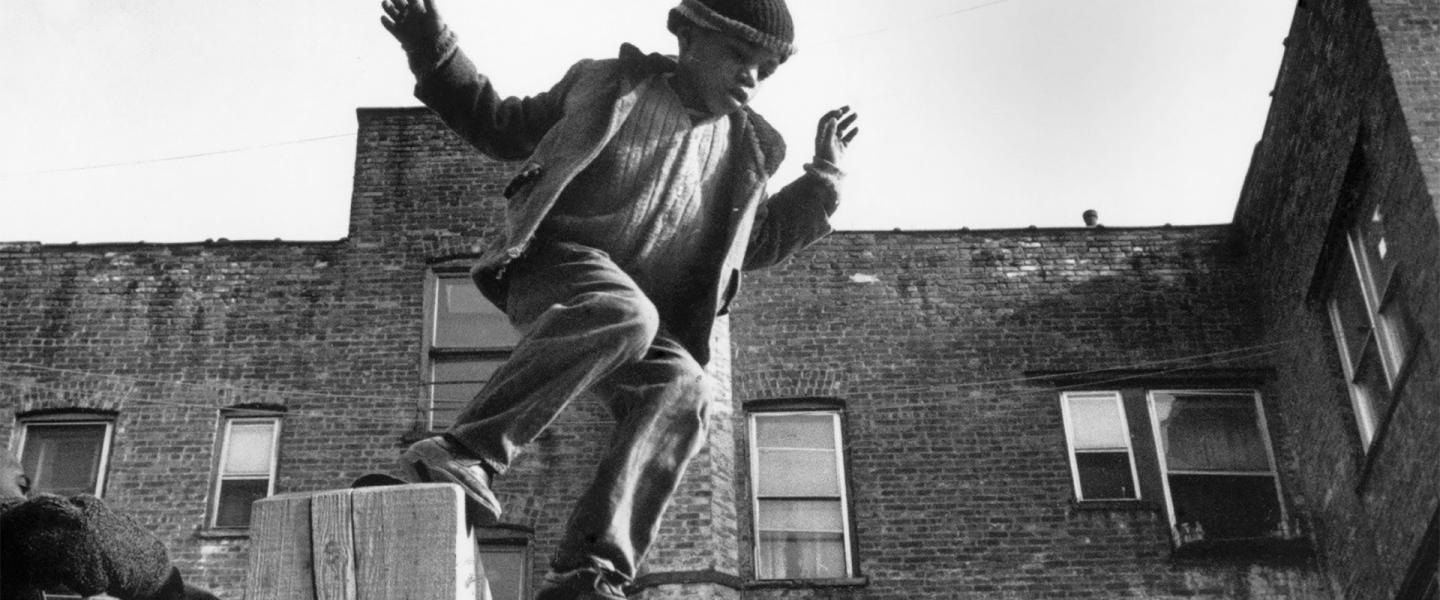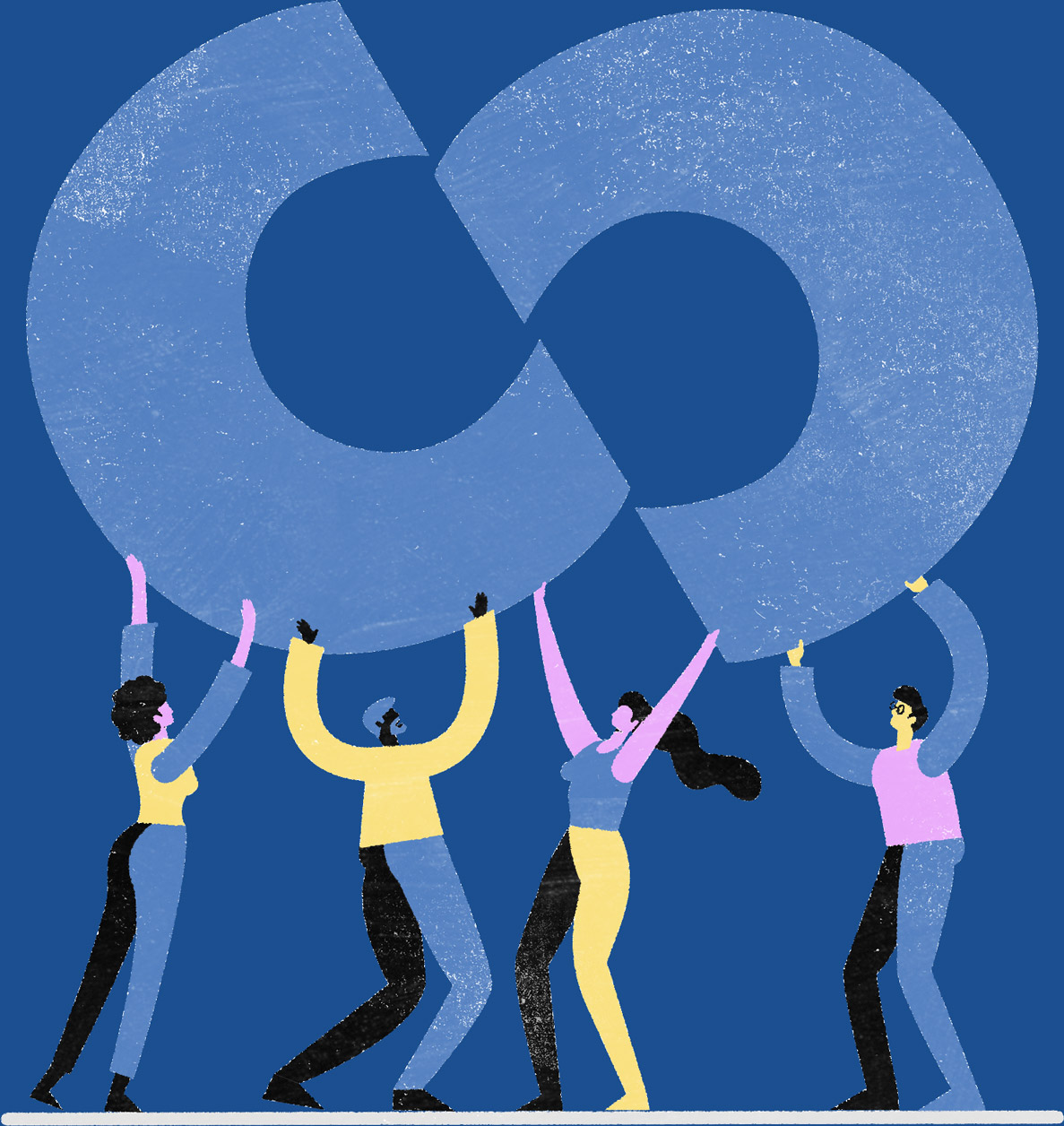Philosophy


Explore "If Beale Street Could Talk" with this Core-filled Reading Guide
"While earlier writers like Phillis Wheatley, W.E.B. Du Bois, and Ralph Ellison had engaged with and responded to the “classical tradition,” they invariably produced literature beholden and addressed to white audiences. The greatest achievement of Baldwin’s texts, ultimately, is in the displacement of the essentiality and centrality of the white gaze in American literature. Baldwin’s oeuvre bestowed on American life genuine intellectual, historic, and moral clarity. His work speaks for itself and shows its own meaning for the future of civilization."
Excerpted from notes by Yujhán Claros, Department of Classics
The below reading guide serves as an informative, Core-inspired companion to If Beale Street Could Talk with references to Antigone, Plato’s Symposium, Dante, and Homer’s Odyssey. If it is on your summer reading list, either as a first-time read or a familiar piece on your bookshelf, use the guide below to explore deeper into this timely text.
Reading Guide
In If Beale Street Could Talk, [we] see how a racialized subjectivity, and how the assumption of a woman’s voice allow Baldwin to showcase his genius at its fullest potential. His articulation and expression of African-American love and family life has profound, universal, and world-historic significance. Beale Street is more than a literary artefact, it is a powerful witness to the oppressive policing and carceral forces that erected a New Jim Crow at the end of the 20th Century, an argument recently made by African-American historiographers like Michelle Alexander and amplified by Ava Duvernay’s documentary film 13th.
| Attachment | Size |
|---|---|
| BealeStreetReadingGuide_0.pdf | 193.29 KB |

Please log in to comment.